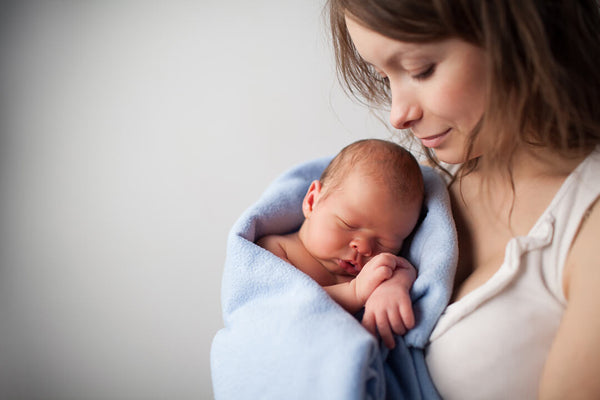Where do I begin?

Photo: @caitlin_gradl
I remember vividly the day I came home from the hospital after giving birth to our first daughter. Before leaving the maternity ward in the hospital, we were only armed with the basic skills of changing diapers and bathing our baby. After our arrival home, my husband and I looked at each other and felt so lost: “now what do we do next with this bundle of joy?” We were basically waiting for our baby to give us the cue to get us started with the daily routines as a little family unit. We were living in Italy with no immediate family around to help us, nor did we have any experienced friends to give us advice on handling a newborn. So, we had to learn on the job and relied on each other for support (including jumping into the shower with our baby still fully clothed, covered in poopoo - long story!). Thinking back, although those first few months gave us an excellent opportunity to bond with our baby, it would have been much less stressful if there were someone around who could answer all the questions I had about the baby or my own physical and emotional condition.
Confinements in various cultures

Growing up in Hong Kong, I have a rough (but biased) idea of what Chinese postpartum confinement is like. My knowledge of it mainly came from the first-hand experience of my grandma who gave birth to 11 babies (yup, double digits!) in the 1930s to 40s and went through confinement almost annually! She told me about “horror stories” which involved consuming chicken soup and at least 10 eggs per day for 30 days, and not being allowed to wash her hair nor leave her bed for the entire duration! So, when it was my turn to enter motherhood, I really considered myself “lucky” that I was in Europe and was not pressured to go through the confinement like my sisters or friends in Hong Kong did. But in reality, modern-day postpartum confinement is not so “unrealistic”, it takes a practical approach that suits our current lifestyles a lot more. Interestingly, there are so many similarities between confinement practices in different cultures. The general idea is to have other more experienced women help the new mother to physically heal, bond with her baby, and take this time to calm her emotions caused by the hormonal changes in her body. All this can be a super positive start for both mother and child on their life journey together. As this article rightly points out, some women might find this experience a bit overwhelming (thus my grandma’s traumatized anecdotes). But I think if given a second chance, I would like to have this precious experience and take advantage of the advice given to me by experienced mothers, to gain more insights on how to better take care of myself and my baby from day 1.
Preparation is key

Confinement or not, postpartum care is still an important healing process for every woman. We all know that the first few months after having your baby are really tough physically and emotionally, no matter how many babies you’ve had (ask my grandma and she would agree!) If you are welcoming your second or third baby, being well-prepared for this period is especially helpful when you also need to take care of the baby’s older siblings. It is too easy to put the children’s needs first and ignore the warning signs of your own body and mind, so keep that freezer stocked, leave the dishes/laundry/housework for later, and enjoy your bonding moments with your baby (and kids)!
Stay Sparky!
